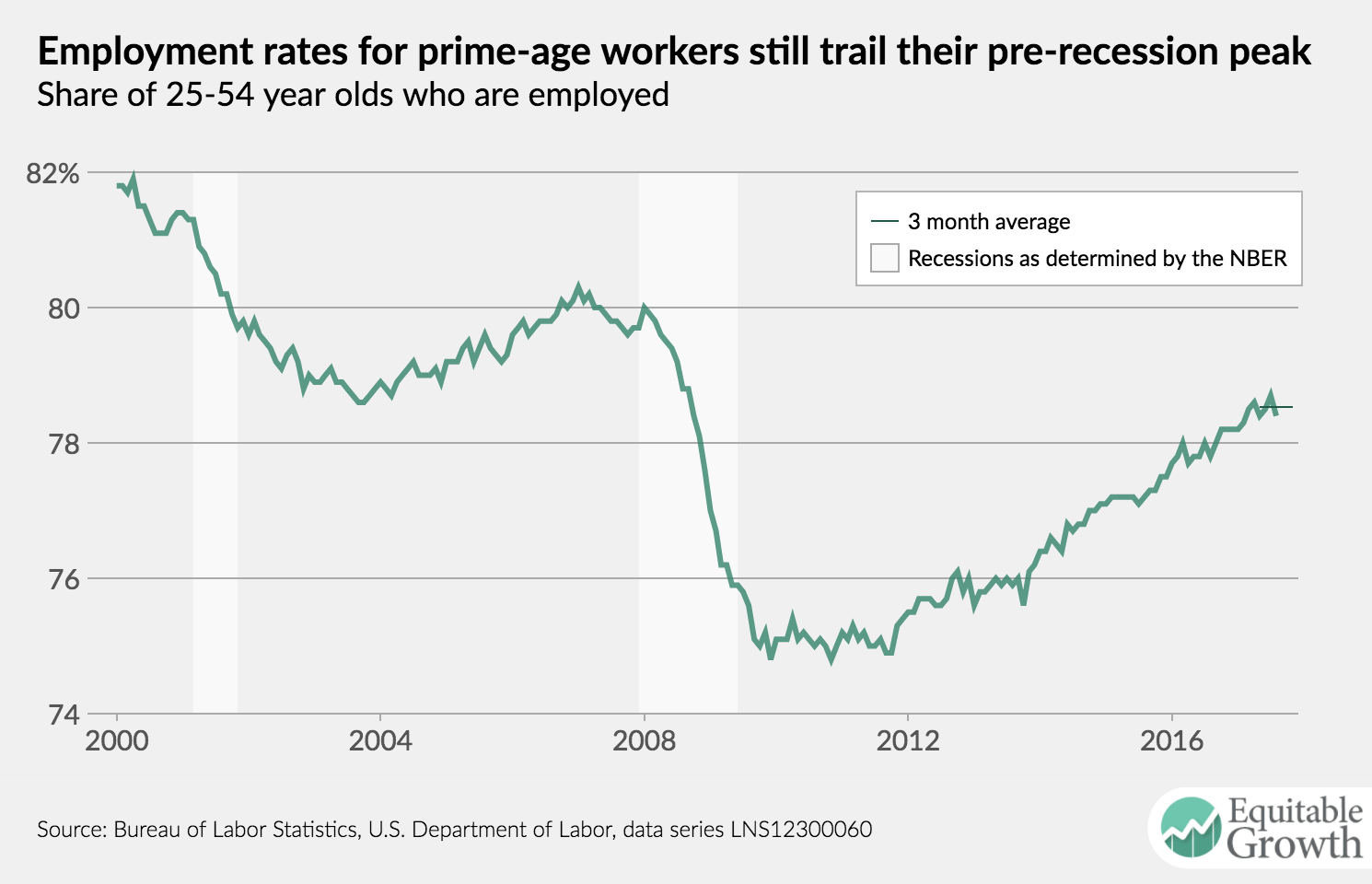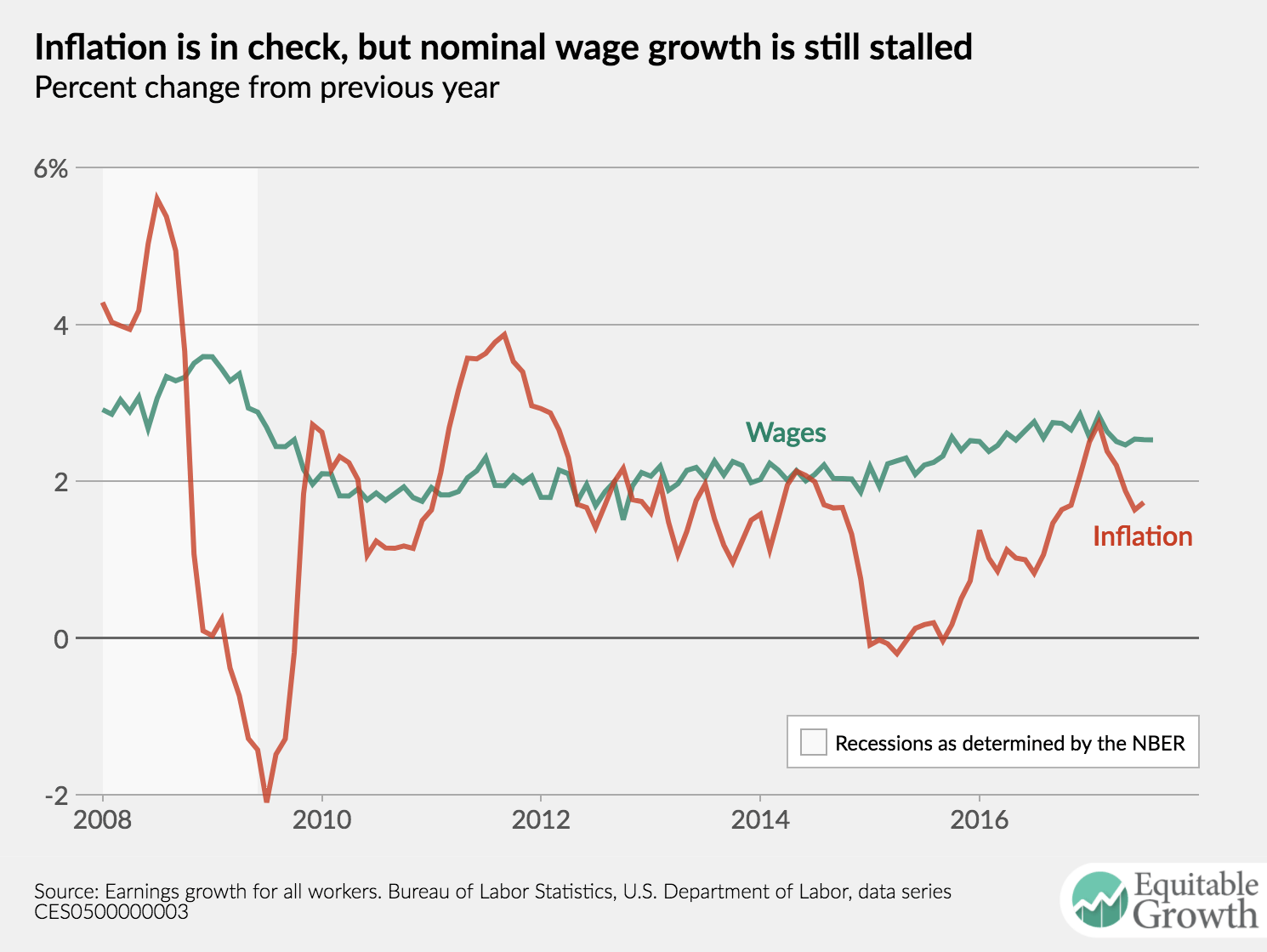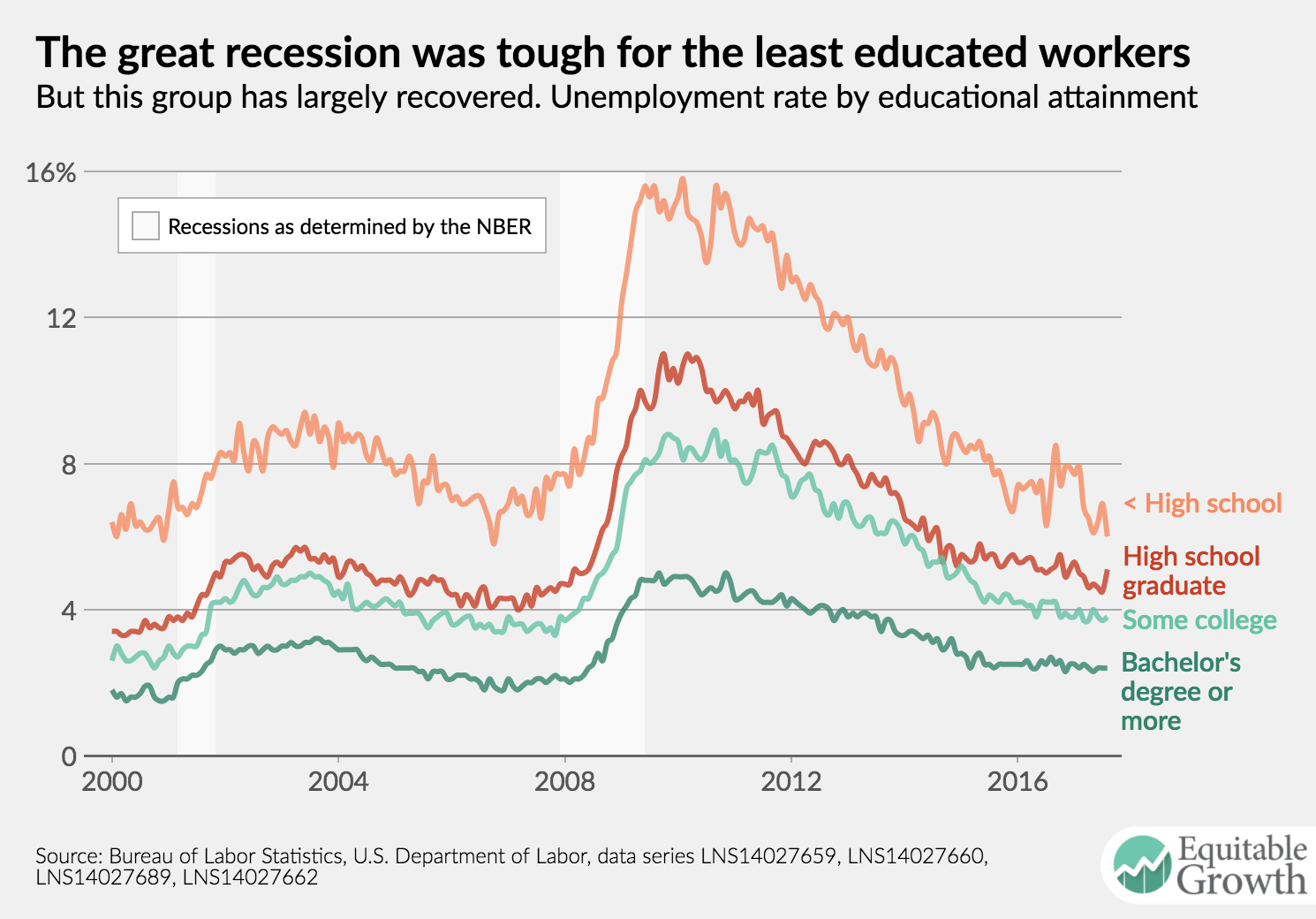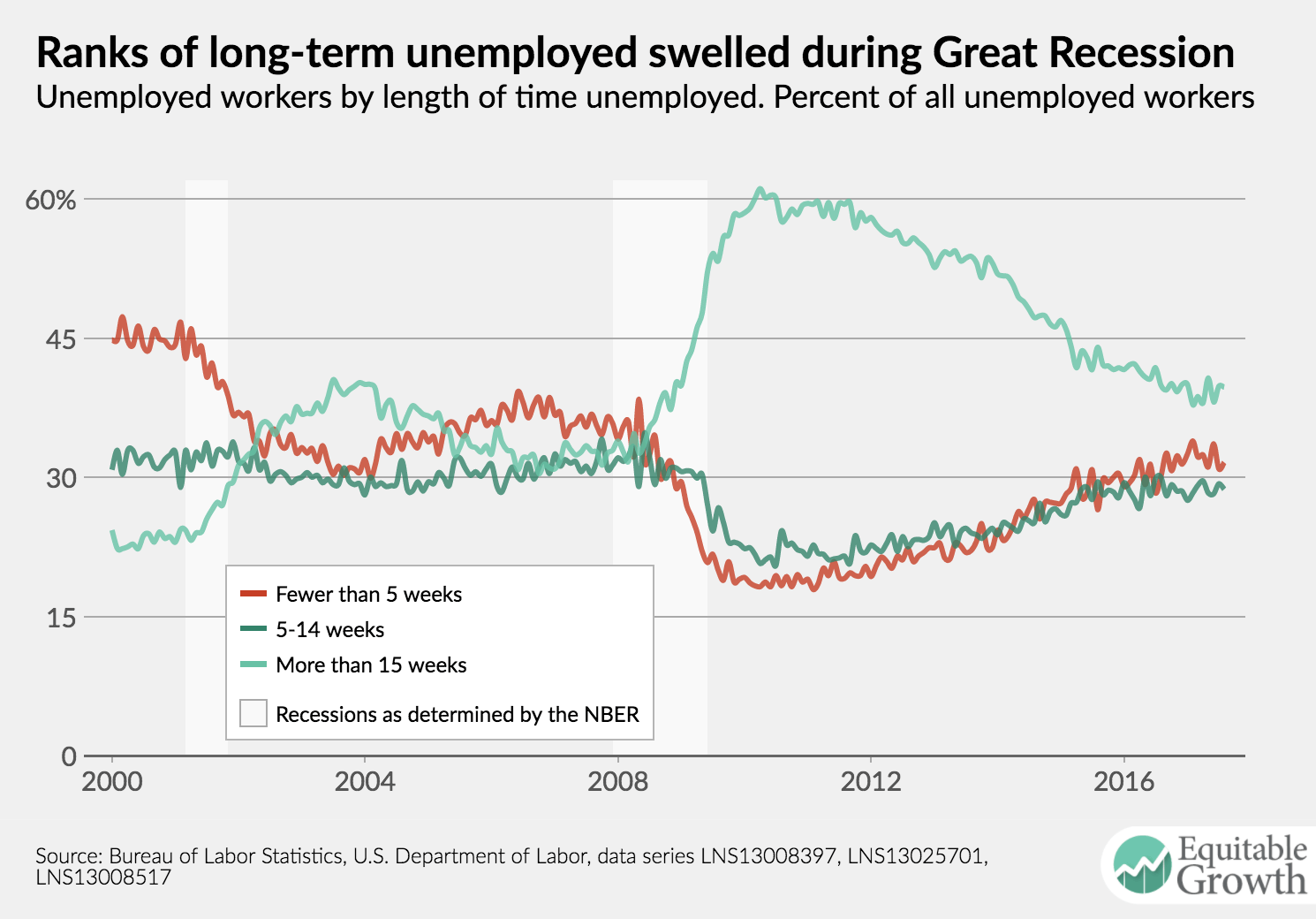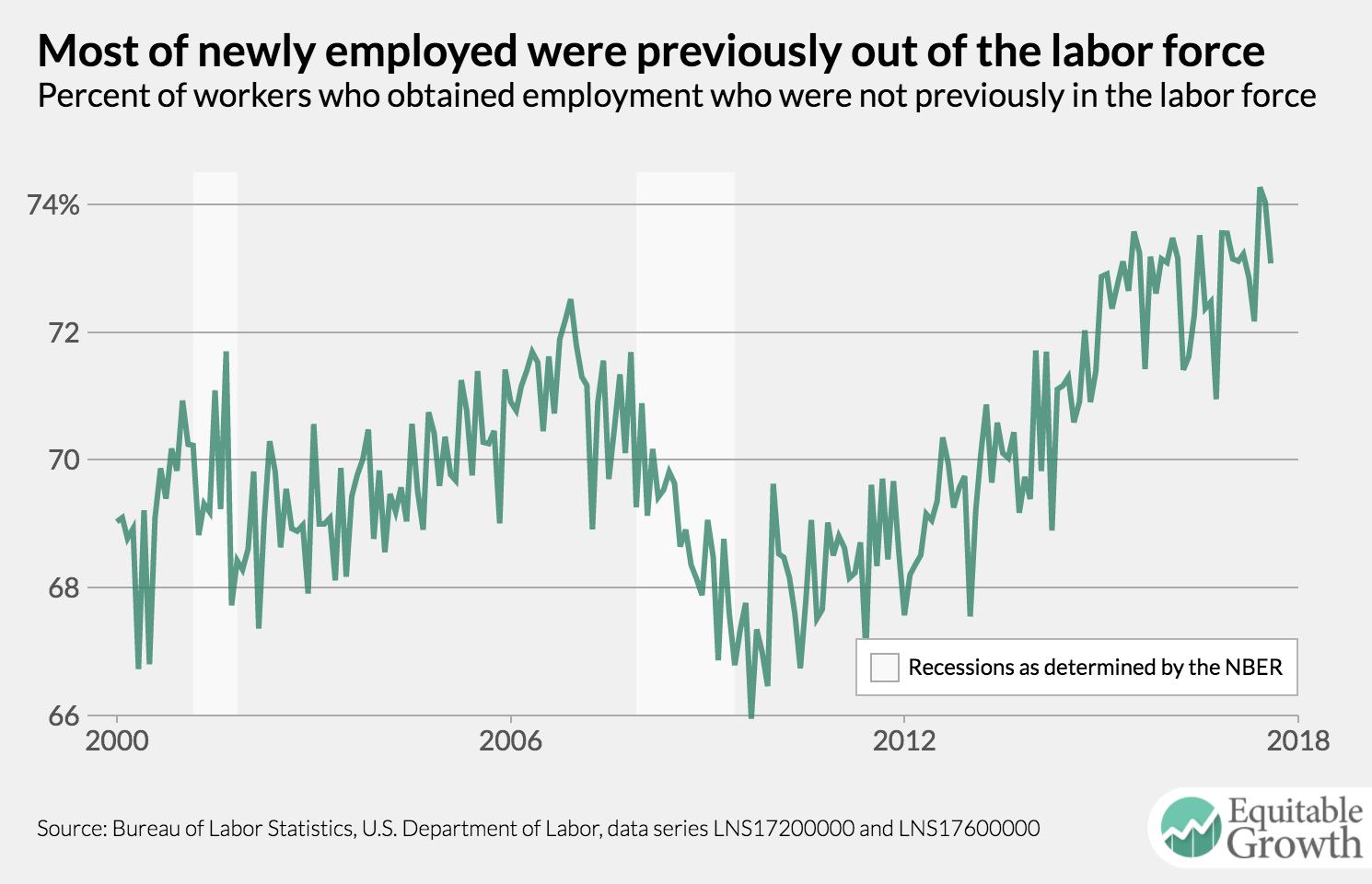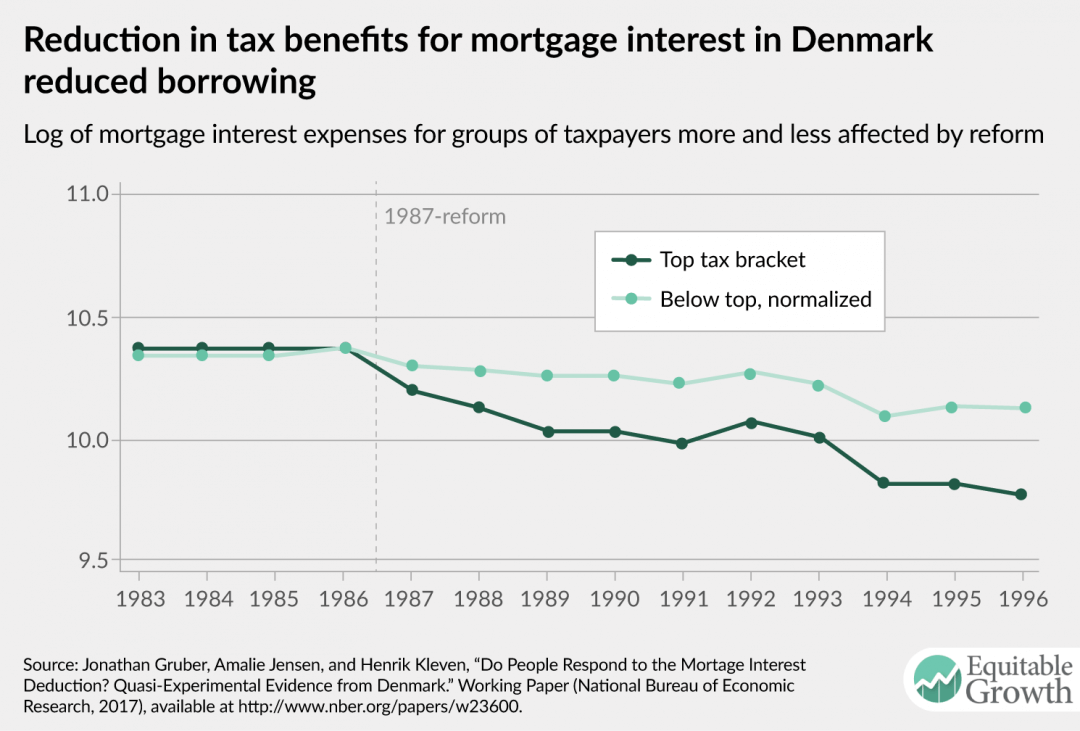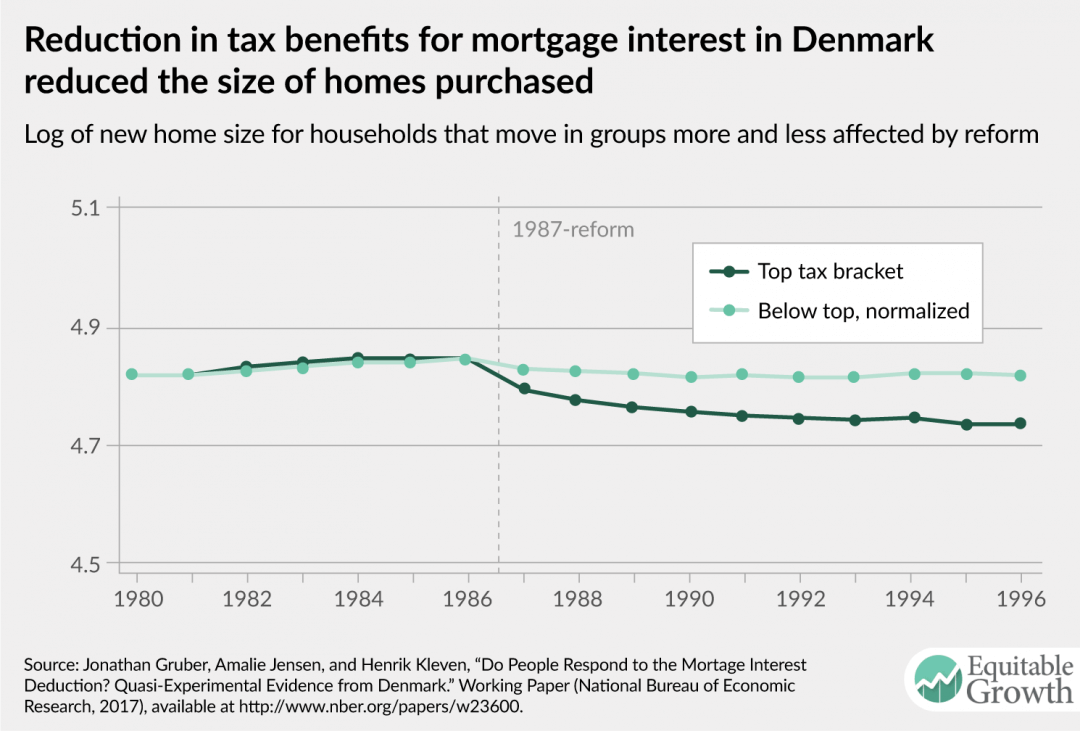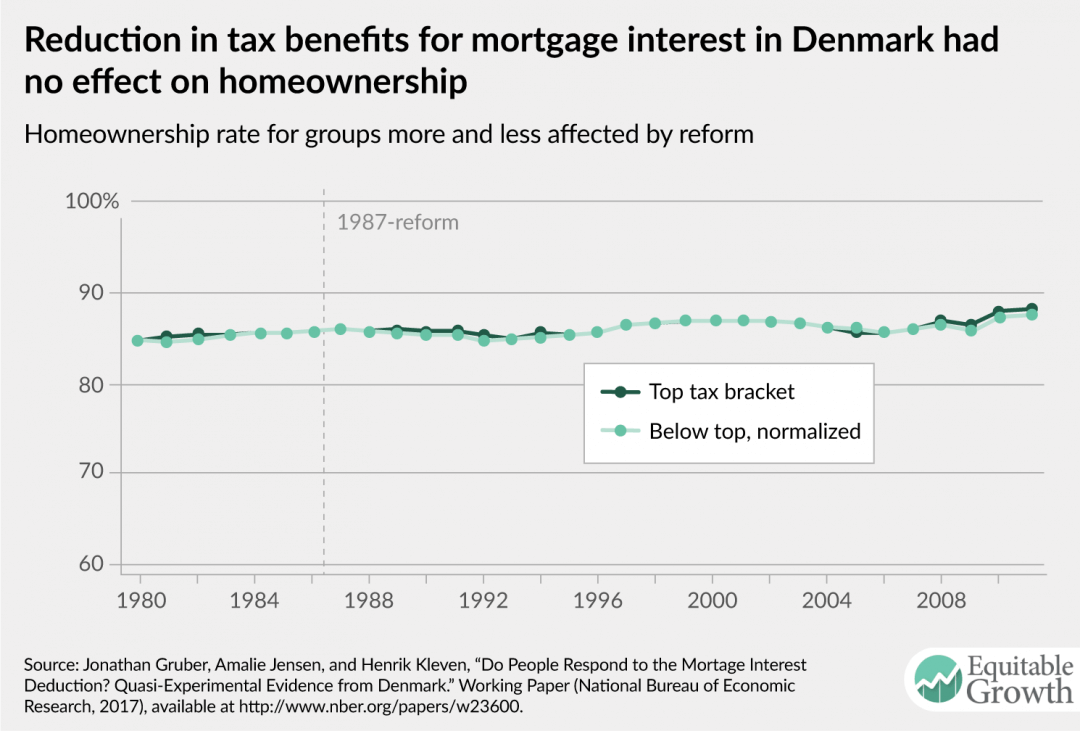Should-Read: Noah Smith: Harvey Won’t Hold Back Housto: “If economic geography dictates that a city be located in a certain spot, there will be a city there—period… https://www.bloomberg.com/view/articles/2017-08-31/harvey-won-t-hold-back-houston
…The clearest—and most grisly—demonstration of this principle comes from the atomic bombings of Hiroshima and Nagasaki in Japan. Within 10 years after that horrific destruction, Nagasaki, a key port city and manufacturing center, had returned to its previous population growth trend line. It took Hiroshima about 30 years, but it’s now the eighth largest city in Japan, a thriving industrial and commercial center. In the long run, even nuclear bombs couldn’t overcome the power of economics….
Houston… has… been growing strongly…. According to Krugman’s theory, growth like that is a sign that a city hasn’t yet achieved its full economic potential—the node it occupies in the system of cities still needs more people. That means there will be no exodus of people or investment dollars from Houston. This is in contrast to New Orleans, whose population had been declining for decades before Katrina hit…. A second theory of why cities exist has to do with knowledge industries. Smart people living in close proximity form a deep pool of workers for companies to choose from, and employees moving from company to company cause ideas to spread…. Houston is a tech cluster… energy… has gone increasingly high-tech…. The same pool of skilled employees that sustains Houston’s energy industry makes it appealing to other knowledge-based sectors as well—machinery manufacturing, chemicals, business and financial services, even information technology…. The city will emerge from Harvey’s devastation stronger than before.
But because Houston is destined to rebound, it’s even more important… to invest in measures to prevent future floods from wreaking havoc…

